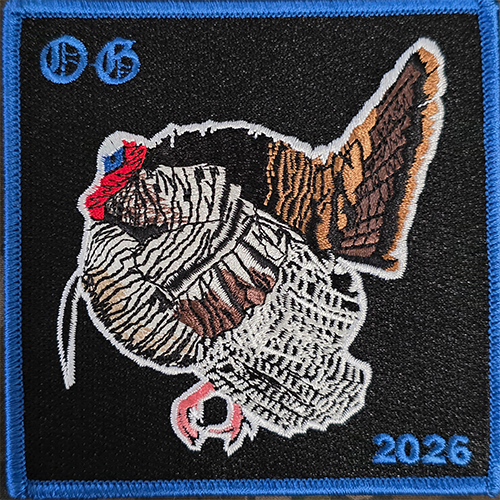        |
CALLING TO TURKEYS ON THE ROOSTStarted by WW, January 25, 2021, 10:24:12 AM Previous topic - Next topic
User actions
|
        |
CALLING TO TURKEYS ON THE ROOSTStarted by WW, January 25, 2021, 10:24:12 AM Previous topic - Next topic
User actions
|